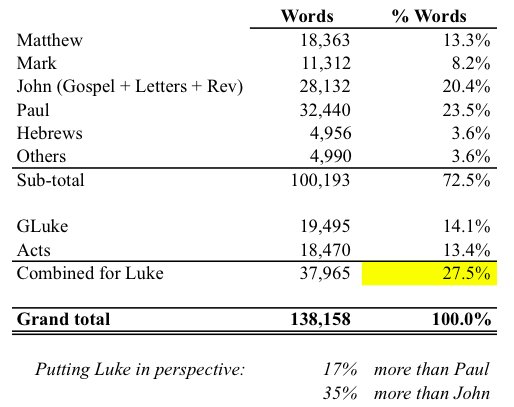Exclusive Video: Kurdish Christian Converts Pray for Deliverance From Turkey and al Qaeda
Monthly Archives: January 2018
A COMMON OCCURRENCE IN PREACHING
The following is not an uncommon occurrence for me while preparing to preach…
Not always, but there are certainly times of struggle either to make sense of the text and/or to make sure I really believe it. As the Puritans liked to say, make sure to preach to yourself before you preach to others. Really believing the Word of God is more difficult than determining its proper meaning.
Then God brings light, many times much light, and I can’t write fast enough.
It is one reason I don’t like to preach every week. The process of preparation is best if I have months to mull and consider a text. I want to stew on it for a long time.
I take many notes and ask many questions. Commentaries come at the end to make sure I am in the ballpark of sound exegesis.
All this is one reason why I wish lead pastors preached less frequently. It would be better for them and for the congregation.
THE MEANING OF LIFE
This is a worthwhile investment of your time, but you will need to put on your thinking cap. If you want to shorten the time spent, fast forward to the discussion among the three scholars.
LISTENING AND TRULY KNOWING GOD’S LOVE
A very good and encouraging message:
GIVING LUKE HIS DUE

BEST ESSAYISTS
I just received a collection of essays from one of my favorites: Jospeh Epstein. He, and many others I love, are on this list. Having just read Why I Write by Orwell I concur with his high ranking. Perhaps not number 1, but he should be high.
Among others, I would love to hear from Dr. Dave McCoy on this one!
https://www.ranker.com/list/best-essayists/ranker-books
OLDEST FREE STANDING LIBRARY
No, it is not in Philadelphia! Doreen and I spent a wonderful day in Newport, RI during our time of study at Yale. Here is a terrific overview of Newport and the library:
https://www.c-span.org/video/?438914-1/history-redwood-library-athenum
PUBLIC INTELLECTUALS
Alan Jacobs posted his list of top five “public intellectuals.”
Alan’s choices are good. If we are going to take both the words seriously in “public intellectual,” there are others who are not out in public as much as they used to be (Chomsky) or have recently died (Eco). My “on deck” list to complement Alan’s:
Paul Krugman
Thomas Friedman
David Brooks
Fareed Zacharia
Neil deGrasse Tyson
BIBLE LITERACY
I plan to address Bible literacy/reading in a forthcoming book. A good piece from Russell Moore:
https://www.russellmoore.com/2018/01/16/bible-quoters-replaced-bible-readers/
WHY THE HUMANITIES?
As Aristotle, Plato’s most famous student, suggests at the beginning of the Nicomachean Ethics, “precision is not to be sought for alike in all discussions.” Similarly, we should not expect the humanities to be driven or dominated by the objectives of science. Plato teaches us that part of the liberal arts’ enduring mission is precisely to critique these objectives.
The rest is here: https://www.chronicle.com/article/Big-Brains-Small-Minds/236480
